Former Defense Minister Ishiba Shigeru unexpectedly won the race for the presidency of the Liberal Democratic Party (LDP), meaning he will become Japan's next prime minister . So what kind of person is he that calls himself a "lone wolf"?
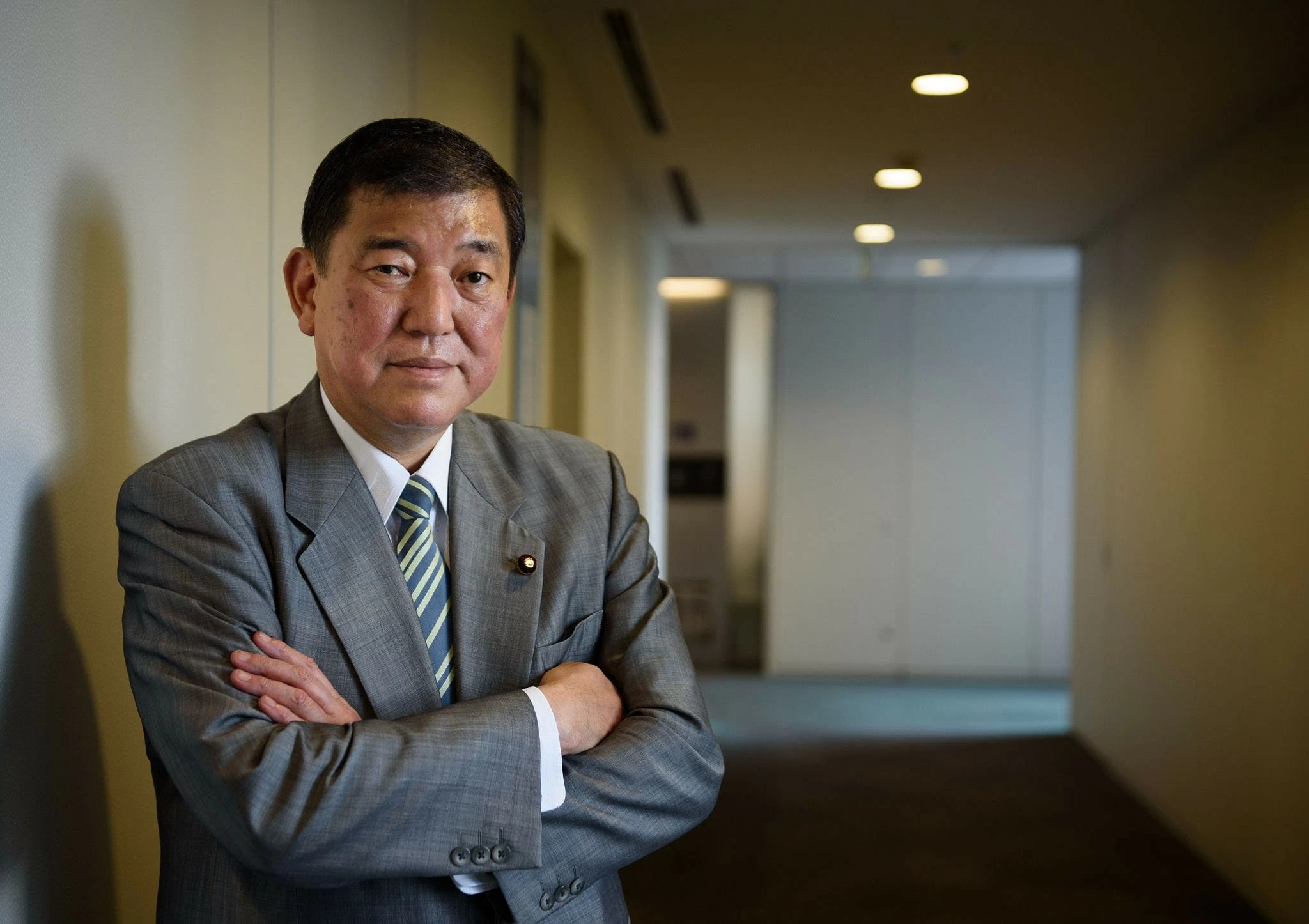 |
| Former Defense Minister Ishiba Shigeru, who will be Japan's next Prime Minister. (Source: Reuters) |
"The Lone Wolf"
Japan's next prime minister, Ishiba Shigeru, says he reads three books a day and would rather do so than socialize with his LDP colleagues, who elected him as the party's new leader on the afternoon of September 27.
The successful bid to take over the LDP leadership after four failed attempts has brought the 67-year-old man, who calls himself a "lone wolf", to the helm of the LDP, the party that has ruled the Land of the Rising Sun for the past seven decades.
Mr Ishiba takes over the LDP amid a sharp decline in public support over the past two years sparked by revelations of links to a church seen by critics as a cult and a scandal over unrecorded party donations.
A member of parliament since 1986 and a former defence minister after a brief banking career, Ishiba was sidelined by outgoing Prime Minister Kishida Fumio, leaving him a dissenting voice within the LDP.
Former defense minister Ishiba Shigeru strongly opposed policies including increased use of nuclear power and criticized his party for not allowing married couples to use separate surnames.
Last month, when Mr. Ishiba launched his campaign at a Shinto shrine in Tottori prefecture, where his father was governor and he began his political career at the height of Japan's economic boom, he declared, "I consider this my last battle."
Also at the launch of this election campaign, he said: "I will bring about a vibrant Japan where everyone can live with smiles."
Mr Ishiba was also agriculture minister, and he promised to move some ministries and government agencies out of Tokyo to help revive Japan's "dying" regions.
He also proposed setting up an agency to oversee the construction of emergency shelters across disaster-prone Japan.
Not afraid of collision
But his outspoken views, including calls for current Prime Minister Kishida Fumio and other previous prime ministers to resign, have made him "enemies" within the LDP.
That discord, which also stems from his four-year defection to an opposition group in 1993, has led many to predict that Mr. Ishiba will have a hard time securing the 20 nominations he needs from fellow LDP lawmakers to qualify as a candidate in the Sept. 27 election.
However, after the first round of voting, he entered the second round along with Economic Security Minister Takaichi Sanae.
Mr Ishiba has previously admitted that his refusal to compromise has caused problems with his LDP colleagues.
Before the vote, in a speech to LDP lawmakers gathered at party headquarters, he said: "I have certainly hurt the feelings of many people, caused unpleasant experiences and caused many people to suffer. I sincerely apologize for all my shortcomings."
The lack of support from lawmakers has forced Mr. Ishiba to rely on the support he has cultivated among grassroots members during his four decades in politics.
While away from government, he has remained a public presence in the media, posting on social media and on YouTube, where he has mused on topics ranging from Japan's falling birthrate to ramen noodles.
He also made fun of himself, including his sometimes awkward behavior and his hobbies, which included plastic models of ships and military aircraft, some of which he displayed on bookshelves lining his office in Tokyo.
Views on Washington
Considered an LDP intellectual heavyweight and an expert on national security policy, Mr. Ishiba advocates a more assertive Japan that could reduce its dependence on longtime ally the United States for defense.
Analysts say his stance could further complicate relations with Washington.
During his campaign for the LDP leadership, he called for Japan to take the lead in creating an "Asian NATO", an idea quickly dismissed by Washington as "too hasty".
In Okinawa, home to most of the US military bases in Japan, he said he would seek closer monitoring of the bases. He also wants Washington to give Japan a stronger voice on the use of nuclear weapons in Asia.
In a recent interview with Reuters , Mr. Ishiba also criticized the U.S. response to the issue of Nippon Steel's involvement with U.S. Steel in a bidding case, saying it was unfair to label Nippon Steel a national security risk. However, Prime Minister Kishida has avoided commenting on the issue ahead of the U.S. presidential election in November.
Policy changes
However, ahead of the election, Mr. Ishiba softened some of the policy positions that had created disagreements with his LDP colleagues. Most notably, he said he would keep some nuclear reactors operating in Japan, despite his previous strong opposition to nuclear power and support for renewable energy sources.
A fiscal conservative, Mr. Ishiba has also promised to respect the Bank of Japan's independence in setting monetary policy. He recently said it was unclear whether conditions were right for a new rate hike.
Another statement by Mr. Ishiba also received a lot of attention on his personal Youtube channel, when he declared "Politicians do not need to be close friends, as long as their policies and political stances are suitable".
Source: https://baoquocte.vn/ong-ishiba-shigeru-vi-thu-tuong-next-prime-of-japan-la-ai-287886.html



![[Photo] General Secretary To Lam receives Slovakian Deputy Prime Minister and Minister of Defense Robert Kalinak](https://vphoto.vietnam.vn/thumb/1200x675/vietnam/resource/IMAGE/2025/11/18/1763467091441_a1-bnd-8261-6981-jpg.webp)

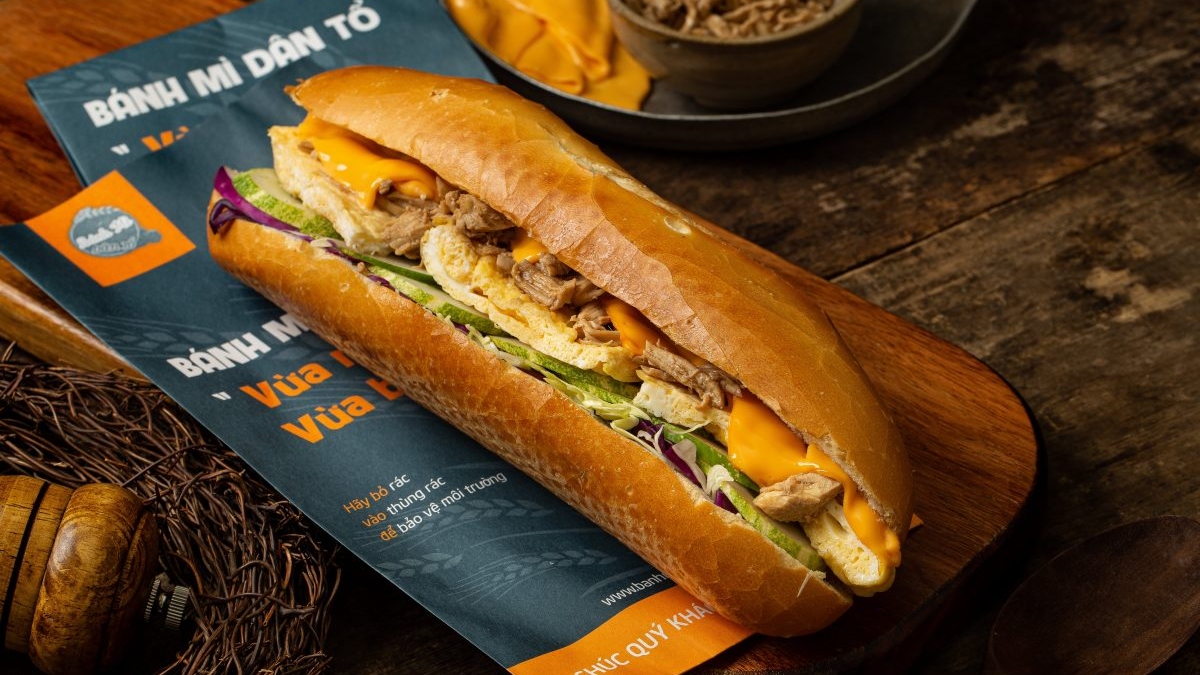




![[Photo] General Secretary To Lam receives Governor of Kanagawa Province (Japan) Kuroiwa Yuji](https://vphoto.vietnam.vn/thumb/402x226/vietnam/resource/IMAGE/2025/11/15/1763204231089_a1-bnd-7718-5559-jpg.webp)

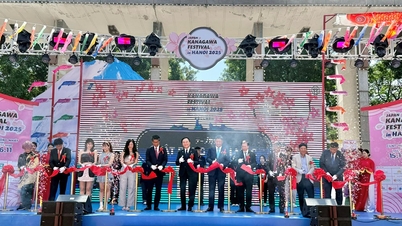

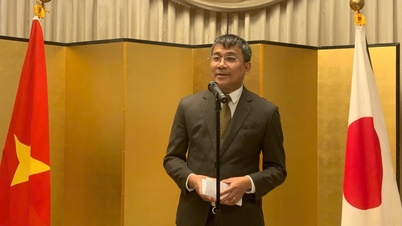
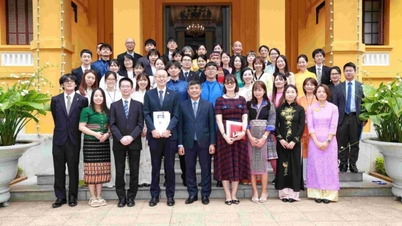


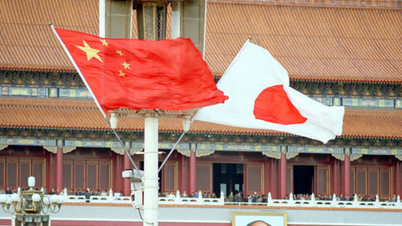



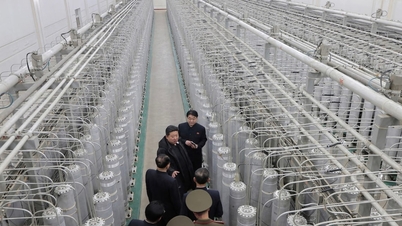







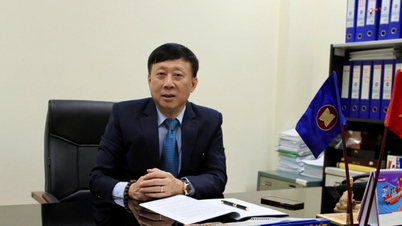


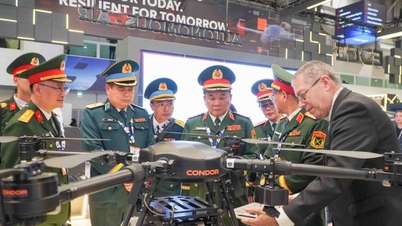








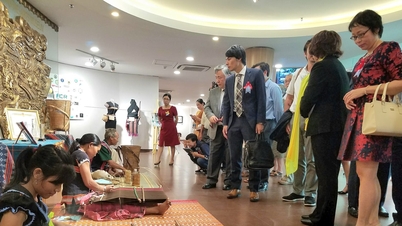








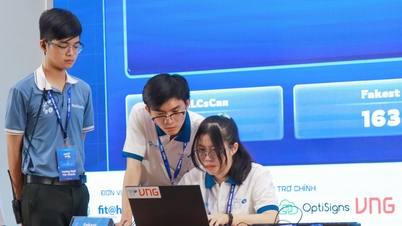

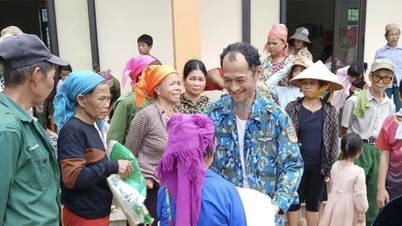










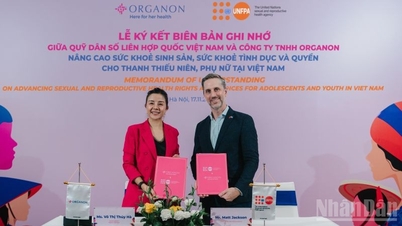









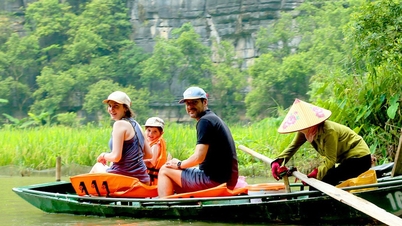


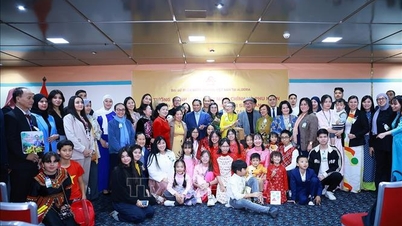


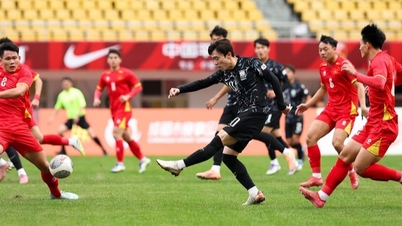
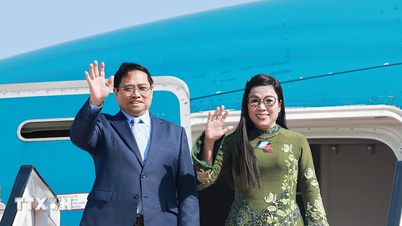


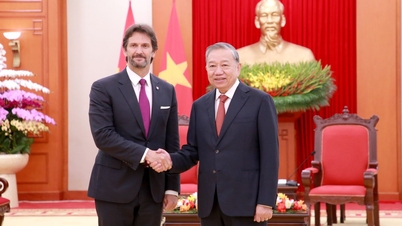




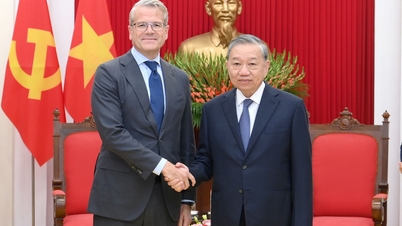

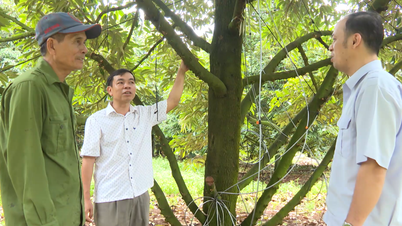

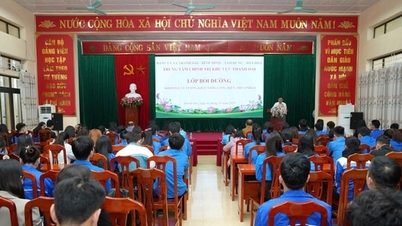




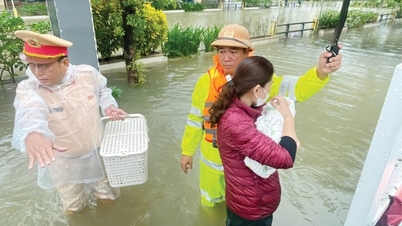

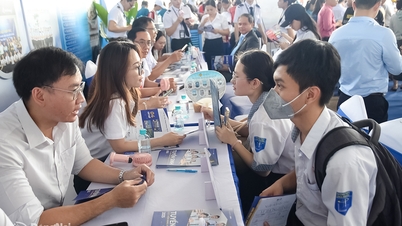










Comment (0)